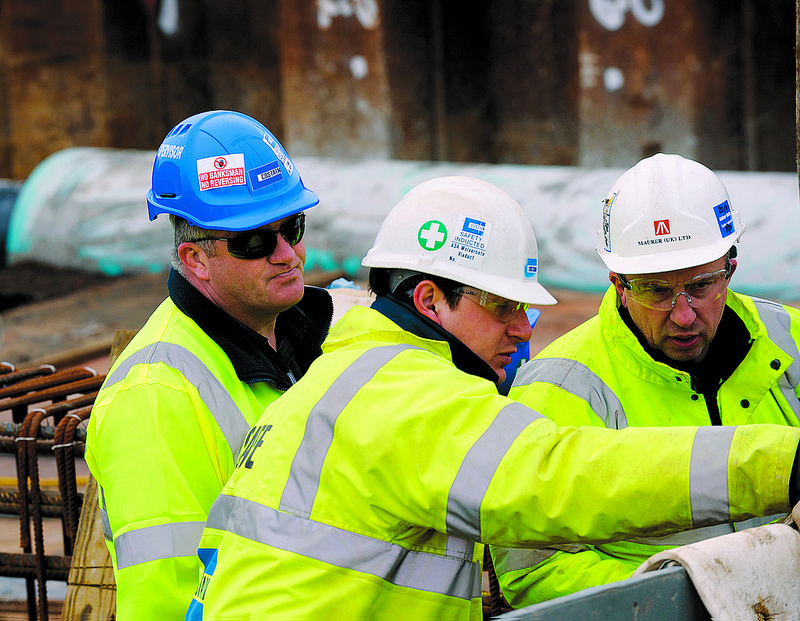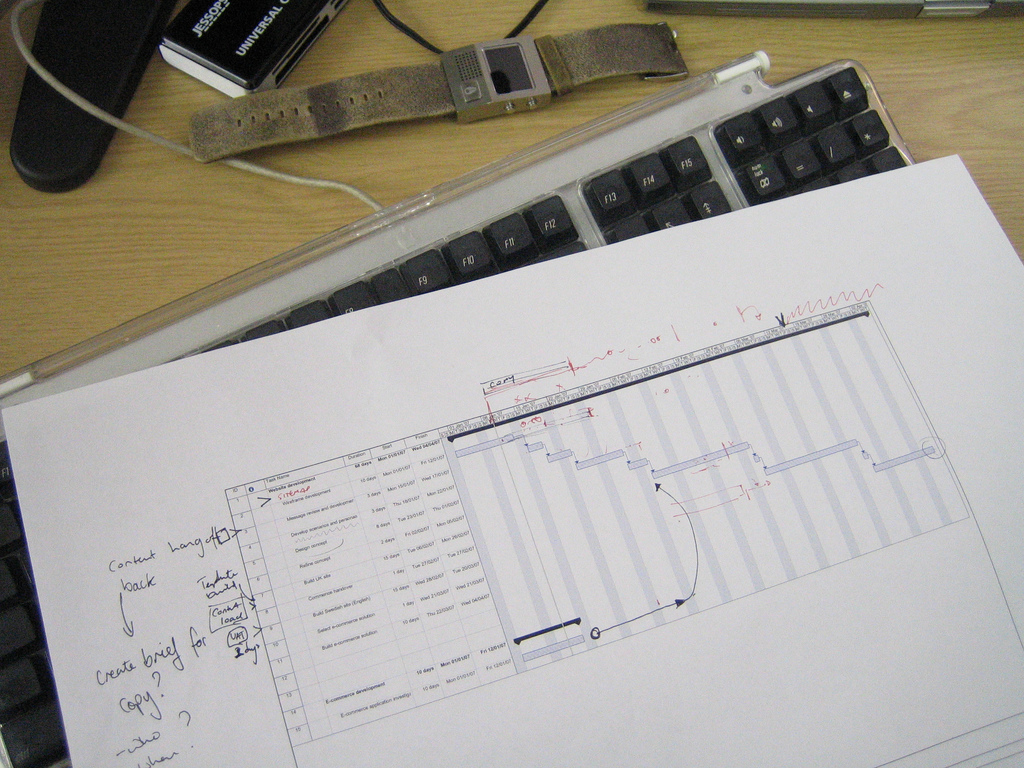A Request for Information (RFI) is a standard business practice that construction professionals use throughout a project to get clarifications on specific parts of the construction documents. The process is an official way to make sure that the contractors involved have all the information necessary and that every bidder is pricing the exact same way. The RFI process is an area rife with possibilities of delay and monetary claims if not handled properly.
The Navigant Construction Forum and authors Nigel Hughes, Megan Wells, Christopher Nutter, and James Zack Jr put together a comprehensive review of the total cost of RFIs and how to better control the process in their research paper “Impact & Control of RFIs on Construction Projects.” The group analyzed over 1,300 different construction projects from around the world, which contained over 1 million RFIs. The projects analyzed ranged anywhere from $5 million to $5 billion.
Cost and Time Impacts
3 key statistics that were quantified in the report, including RFI response time, total labor cost per RFI, and percentage of RFIs that were not answered. These statistics give major clues as to the overall impact of the RFI process and help determine best practices for all parties. As you can see in the infographic below, the average response time per RFI was just below 10 days. The cost, based solely upon administrative and technical review of the RFI was slightly more than $1,000 each. Perhaps the most surprising statistic was the fact that roughly 22% of all RFIs were never actually answered. As Navigant points out, the no response rate is one of the major indicators that a dispute will arise in the project. They also believe that a lack of formalized procedure is the key reason most of the RFIs go unanswered.
SOURCE: Impact & Control of RFIs on Construction Projects, Navigant Construction Forum
Recommendations
Navigant offers 3 recommendations to owners, architects, and construction professionals to solve many of the RFI processes issues: Adding specific language regarding RFI process to the contract, using an electronic RFI tracking software, and establishing best practices. We’re going to focus on the best practices, but we suggest you download the report and review the other two recommendations as well.
Best Practices for Owners
Use a consistent RFI numbering process
Indicate required response time for RFIs in contract
Respond to RFIs quickly
Use electronic RFI tracking software
Require that RFIs be handled with the lowest cost method
Use email to distribute RFIs to every person involved
All RFI responses should be written and documented
Responses should be as specific as possible and reference a specific drawing or detail
Use hand drawn clarifications if appropriate to save time
Make sure all RFI responses are incorporated into the drawings
Best Practices for Contractors
Submit RFI as soon as it’s determined to be needed
Allow at least 10 days for a response
Limit each RFI submittal to a single subject
Assign a priority to each RFI
Include specific references to drawings and details
Include suggested resolution, if you have one
Disclose if time delays or cost changes will occur because of RFI
Indicate if RFI is time sensitive
Assume that RFI responses are approval, unless specifically noted otherwise
Impact & Control of RFIs on Construction Projects | Navigant Construction Forum






